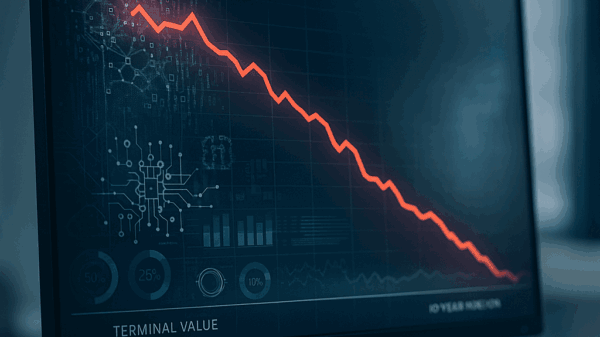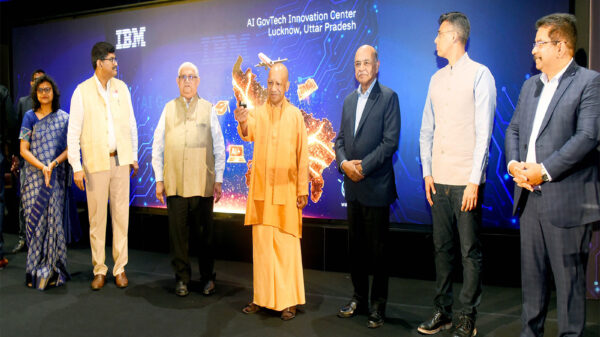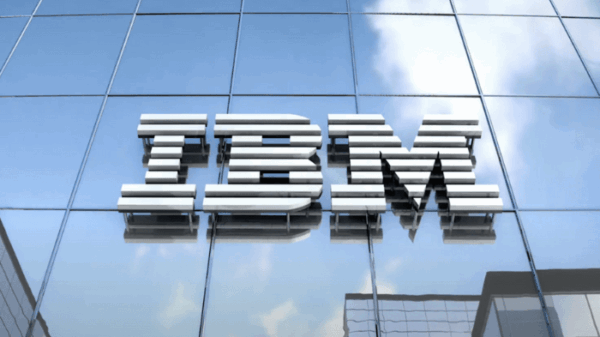Laptops are experiencing a resurgence, driven by advanced AI processors that eliminate the need for software downloads in intensive tasks like video and music production. As the global laptop market recovers from a tumultuous period, the new generation of AI chips is reigniting consumer interest. However, challenges persist, including rising prices due to increased production costs stemming from supply chain constraints, component shortages, and geopolitical tensions.
Following an unprecedented boom during the pandemic, as remote work surged, the laptop market faced a dramatic correction as lockdowns eased. After several years of struggles that saw major players such as IBM, Sony, and Toshiba exit the PC market in the 2010s, the industry is showing signs of stabilization. In 2024, the market is expected to grow modestly by approximately 1.3 percent, with total PC shipments—of which around 85 percent are laptops—rising to about 255 million units. This marks an almost 4 percent increase, breaking an eight-quarter streak of declines. Major manufacturers like Lenovo, HP, and Dell accounted for over 60 percent of these shipments, supported by ongoing trends in hybrid work and the need to refresh devices purchased during the early pandemic.
The introduction of what are being termed “AI PCs” has captured significant attention in the tech landscape. Processors from industry leaders such as Intel, AMD, Qualcomm, and Apple now feature dedicated neural processing units (NPUs). Innovations like Intel’s Core Ultra chips, AMD’s Ryzen AI 300 series, Qualcomm’s Snapdragon X Elite, and Apple’s M4 processors enable on-device AI functions, enhancing productivity through real-time video improvements and noise filtering. A forecast from Gartner predicts that AI-capable PCs will constitute roughly 31 percent of global PC shipments by 2025, with laptops leading this trend. As enterprises prepare for the end of support for Windows 10 in October 2025, demand for AI-equipped models is surging, with many original equipment manufacturers (OEMs) promoting their products as “future-proof.” Reports indicate enterprise orders have risen by over 10 percent year on year.
However, this resurgence comes with a notable increase in prices. The average selling prices (ASPs) of laptops have risen from approximately $720 in 2021 to about $820 in 2024. Factors such as geopolitical tensions, a global shortage of semiconductors, and high production costs associated with advanced components like NPUs and efficient displays have contributed to this increase. Supply chain disruptions caused by restrictions from countries like China and the United States, part of an ongoing chip war, have led to significant logistics hurdles. Additionally, the demand for critical minerals used in high-performance lithium batteries has further exacerbated price pressures, especially for lithium and cobalt.
Geopolitical uncertainties have had a pronounced impact on laptop pricing. The tariff wars initiated by the United States against China have prompted many manufacturers to accelerate shipments and diversify production locations, raising costs in the process. For instance, major companies such as Apple, HP, and Dell have shifted portions of their production to Vietnam and India. Fluctuating currency values and rising labor expenses in Asian manufacturing hubs have also contributed to higher retail prices. Consequently, while premium and mid-range laptop prices continue to climb, many lower-income consumers are delaying upgrades or opting for refurbished models, resulting in a more than 9 percent growth in the used-laptop market in 2024.
Looking ahead, the demand for laptops is expected to remain steady, if not explosive, though affordability for middle- and lower-income consumers remains a concern. The industry maintains a cautiously optimistic outlook, particularly with the prevalence of AI-driven features gaining traction. With Microsoft ceasing support for Windows 10, a new era dominated by Windows 11-only PCs has begun, compelling enterprises to invest in new devices. While shipments gradually stabilize despite geopolitical challenges, laptops are increasingly relevant in an era defined by intelligent computing, marking a pivotal moment in the evolution of personal technology.
See also VAST Data and Microsoft Launch AI OS on Azure for High-Performance Cloud Infrastructure
VAST Data and Microsoft Launch AI OS on Azure for High-Performance Cloud Infrastructure Transform AI: Shift from Scale to Specialized Systems for Immediate Business Impact
Transform AI: Shift from Scale to Specialized Systems for Immediate Business Impact DeepSeek-R1 AI Generates 50% More Vulnerable Code with Sensitive Prompts, Study Reveals
DeepSeek-R1 AI Generates 50% More Vulnerable Code with Sensitive Prompts, Study Reveals Nvidia Earnings Report Set to Reveal Crucial AI Market Trends Amidst Investor Caution
Nvidia Earnings Report Set to Reveal Crucial AI Market Trends Amidst Investor Caution Google DeepMind Launches New AI Research Lab in Singapore to Enhance Regional Collaboration
Google DeepMind Launches New AI Research Lab in Singapore to Enhance Regional Collaboration




































































